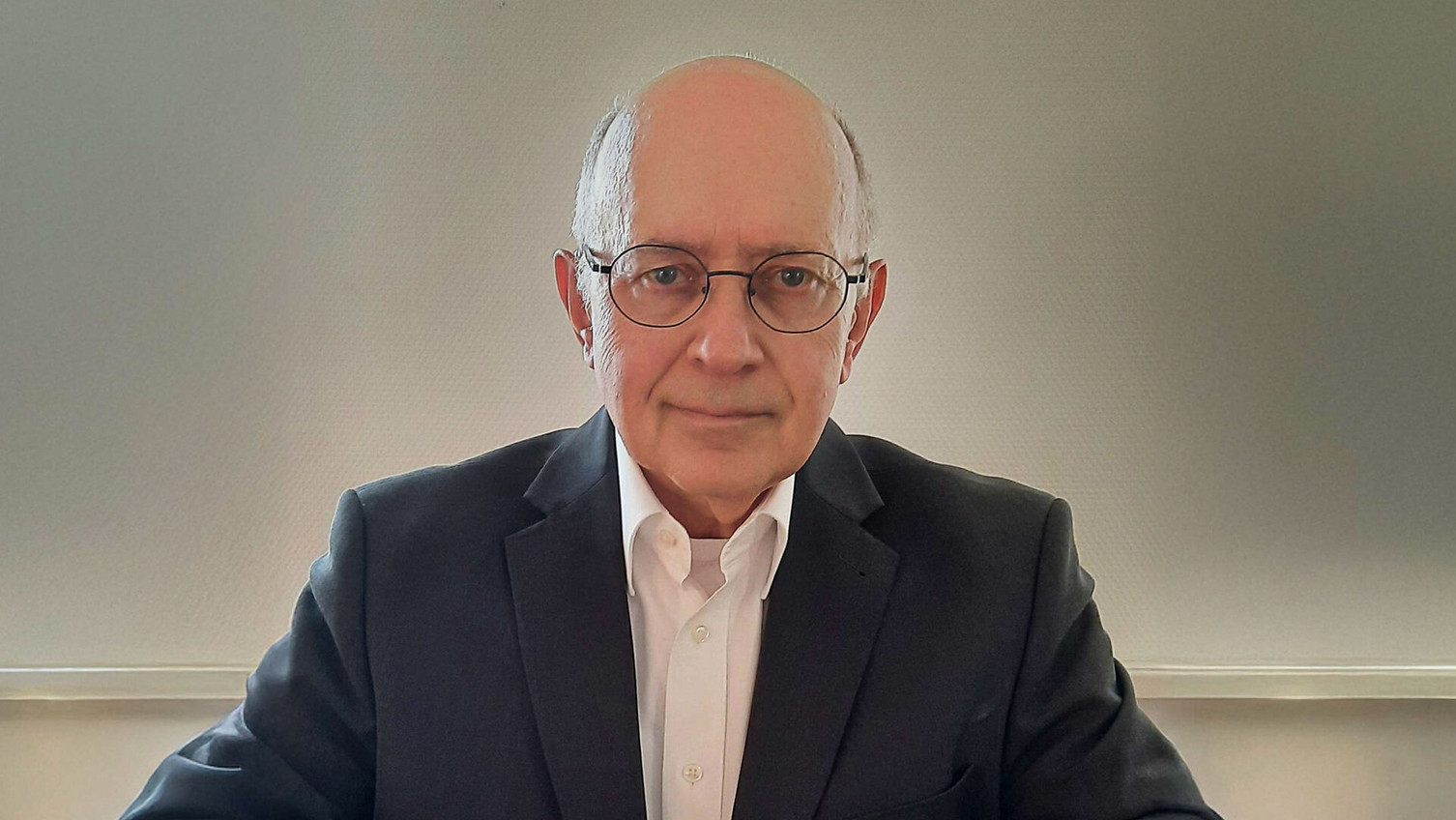Church and Abuse: Toward Fair Compensation? (Prof. Dr. Bernhard Hohlbein)
2025-11-07 Bernhard Hohlbein, Professor of Law at Leuphana Law School, outlines possible models for fair compensation for victims of sexual abuse in his latest publication. The article appeared in VersR, an independent professional journal regarded as an important forum for practitioners, lawyers, and judges. In this interview, he discusses the legal background of sexual abuse within the Catholic Church.
Sexual abuse by members of the clergy has sparked outrage both nationally and internationally. What makes these cases so unique from a legal and societal perspective?
The gravity stems from the institutional dimension. These are not merely individual acts of misconduct but instances of systemic failure. The perpetrators were embedded in structures that reinforced their authority, concealed their actions, or at least failed to question them. When, as documented in the MHG Study (project collaboration of universities Mannheim, Heidelberg, Gießen), files were destroyed or partially destroyed over decades, responsibility was deflected and compensation delayed. It creates the impression of a calculated act of looking away.
Those are serious allegations. How do you assess the Catholic Church’s handling of the issue in Germany so far?
There have been notable steps forward: the MHG Study, the recognition procedure, and the adoption of prevention guidelines—all of these were and remain significant steps after decades of silence. Yet much of it still feels reactive, as if the church were acting not out of genuine conviction but only in response to public pressure. Many victims experience the procedures as humiliating, untransparent, and painfully slow. The compensation amounts often appear shamefully low.
You propose a tiered compensation model as a solution. What might that look like in practice?
A starting point could be a base amount of approximately 300,000 Euros—a figure suggested by victims’ advocacy groups and church working groups. Depending on the severity and specific circumstances of each case, courts should be able to adjust this amount upward or downward. Where institutional failure or undue delays in regulation are evident, a doubling of that amount should be possible. And in cases of intentional wrongdoing—which is the case with sexual abuse—a further increase would be justified, since intent aggravates culpability. In such instances, a base amount could effectively be tripled, if both delayed regulation and intent are present.
To what extent does the church’s financial situation factor into in your considerations?
In abstract terms, it is significant. Wealthy dioceses such as Cologne, Paderborn, or Munich-Freising hold assets worth billions. Courts have, in other contexts, found it generally legitimate to take the financial capacity of the perpetrator into account when determining damages for pain and suffering. From a moral point of view, the question arises as to how credible the church’s sense of responsibility can be if it proves to be stingy when it comes to compensating victims.
In your view, what should the church do to address its past more credibly?
It must act with greater transparency, provide timely and adequate compensation, enable truly independent investigations—and not merely preach responsibility but bear it. Compensation for pain and suffering is not charity; it is an expression of both legal and moral accountability.
The full interview is available here. The original publication can be found here.
Interview by Mathias Paulokat, MBA. A graduate in Business Law (FH), he is an alumnus of Leuphana University of Lüneburg. He currently works as a press officer in the banking sector and serves as a guest lecturer at Leuphana University of Lüneburg.

